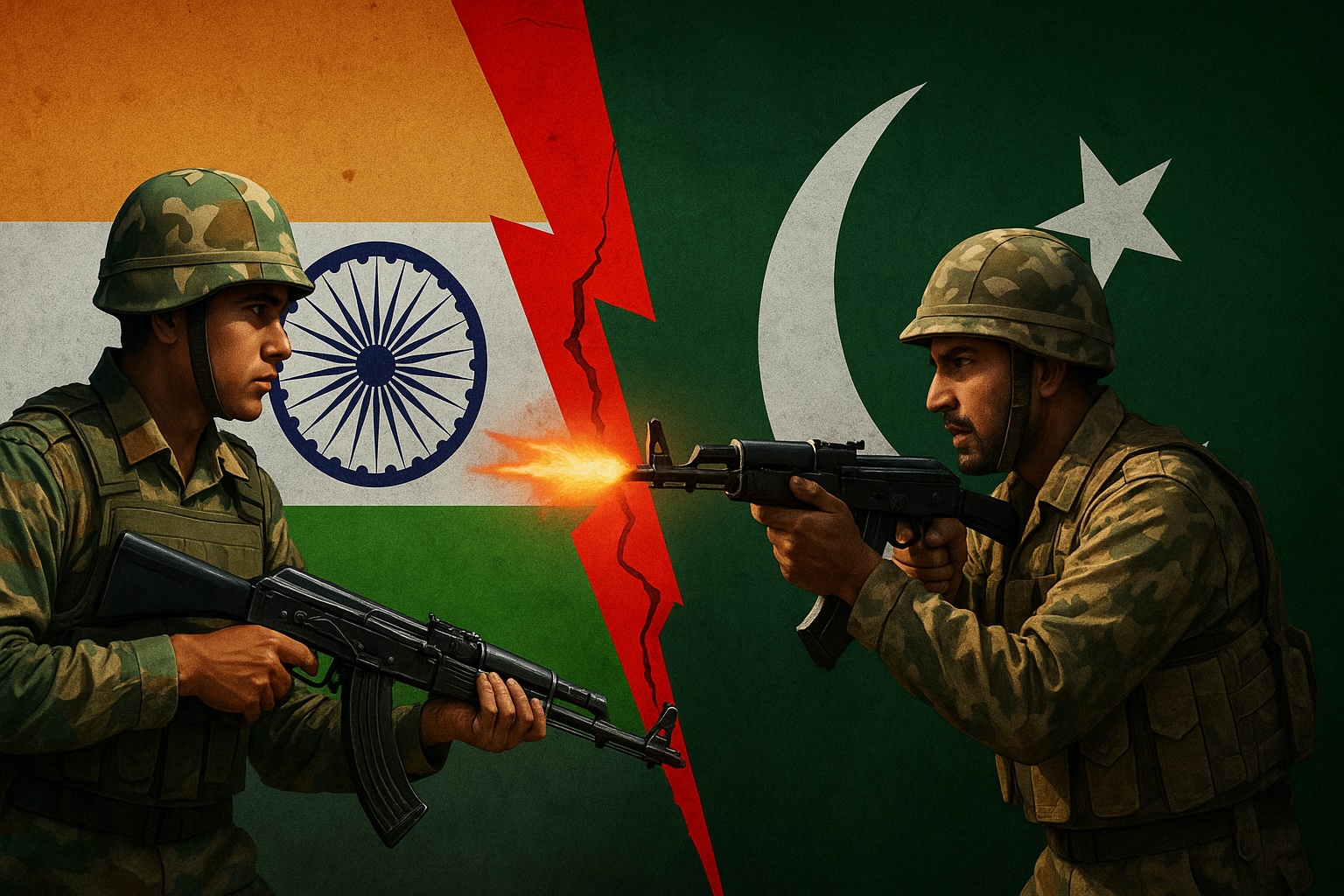Pakistan’s pharmaceutical sector hit hard after trade suspension with India

Pakistan’s struggle with ensuring adequate volume of pharmaceutical drugs has become worse following the suspension of trade ties with India, which has left Islamabad scrambling for emergency measures to address the health crisis. Since the government appears clueless on how to deal with the crisis, the suffering of distressed people is set to aggravate further.
India is an important source of essential medicines in Pakistan. India accounts for 30-40 percent of raw materials, including Active Pharmaceutical Ingredients (API) and various advanced therapeutic products, required in Pakistan. Moreover, crucial medicines including anti-cancer therapies, biological products, vaccines, and sera, especially anti-rabies vaccinesand anti-snake venom were imported from India before bilateral trade ties were severed.
Even before the brutal militant attack in Jammu & Kashmir’s Pahalgam and subsequent trade suspension, Pakistan was reeling under drug shortage and patients struggled to procure life-saving medicines. Now the trade suspension has added to the woes. Even though the supplies of therapeutic products and life-saving drugs have been allowed, Pakistan’s pharmaceutical sector has been hit hard. Several manufacturers in Pakistan had warned that even a brief disruption of medicine supplies from India would jeopardise the availability of essential drugs across the country.
Pakistan Chemists and Druggists Association (PCDA) appealed to the authorities to find alternatives as a sudden shortage of life-saving medicines is feared amid the disruption of the supply chain. People are already facing hardship due to the non-availability of essential medicines. “Pak-India tensions trigger a severe shortage of life-saving medicines in markets. Islamabad stores report scarcity of fever, pain, stomach, and respiratory drugs. 30% of pharmaceutical raw material is imported from India,” said Peshawar resident Khalid Khan.
Soon after the trade ties between the two Asian rivals were suspended, the Pakistan Pharmaceutical Manufacturers Association (PPMA) swung into action, sensing the impending crisis. It held an emergency meeting with the officials of the Drug Regulatory Authority of Pakistan (DRAP) and the Commerce Ministry. “We urged them to exempt the pharmaceutical sector from the ban, as there are many life-saving products whose raw materials come exclusively from India," said PPMA Chairman Tauqeer-ul-Haq.
Pakistan’s Ministry of National Health Services has remained unclear on the status of medicine availability but initiated "emergency preparedness" measures to secure medicine storage as Indian supply is cut. “Our imports from India account for 30%–40% of the pharmaceutical raw materials, including key vaccines and sera,” said a senior Ministry official. Pakistan is still highly dependent on India for medicine supply thanks to the lower cost. Despite the claims made by the local experts and nationalists, Pakistan has not succeeded in becoming self-sufficient or even taken steps in that direction.
In 2024, the price of medicine increased by 14.5 percent.Moreover, the government deregulated the prices of non-essential medicines including insulin, antibiotics and cardiac drugs. This led to a public uproar. “Another gift for the poor and lower middle class: Since the government deregulated drug prices, drug prices in the country have increased by 50 to 200 percent in a year. The price of 572 life-saving drugs has increased by 10 percent,” said Adnan Adil, Lahore-based policy analyst.
Now Indian trade suspension worsened the situation. Against such a backdrop, Islamabad would find it difficult to ensure constant supplies of medicine at affordable prices. In case, Pakistan finds alternative medicines in Europe, the cost will be 10 times higher than the Indian ones, said Dr Ajay Sahai, Director General & CEO of Federation of Indian Export Organizations. Even if Pakistan manages to ensure supplies of Indian medicines through Sri Lanka or Dubai, the cost would be up to four times higher.
All this is set to proliferate the illegal medicine trade in Pakistan as unregistered and unauthorised drugs would be trafficked into Pakistan from Afghanistan, Iran, Dubai, and the eastern border. According to the latest findings of the DRAP, 85 percent of medicines sold in Pakistan are either substandard or counterfeit while over 50 percent of life-saving medications are fake. Even the DRAP’s claim of preparedness for any disruption following the Balakot airstrike by India in 2019 appears to have fallen flat, as the medicine shortage crisis and confusion in Pakistan over trade ties suspension show.

![From Kathmandu to the World: How Excel Students Are Winning Big [Admission Open]](https://nepalaaja.com/img/70194/medium/excel-college-info-eng-nep-2342.jpg)
